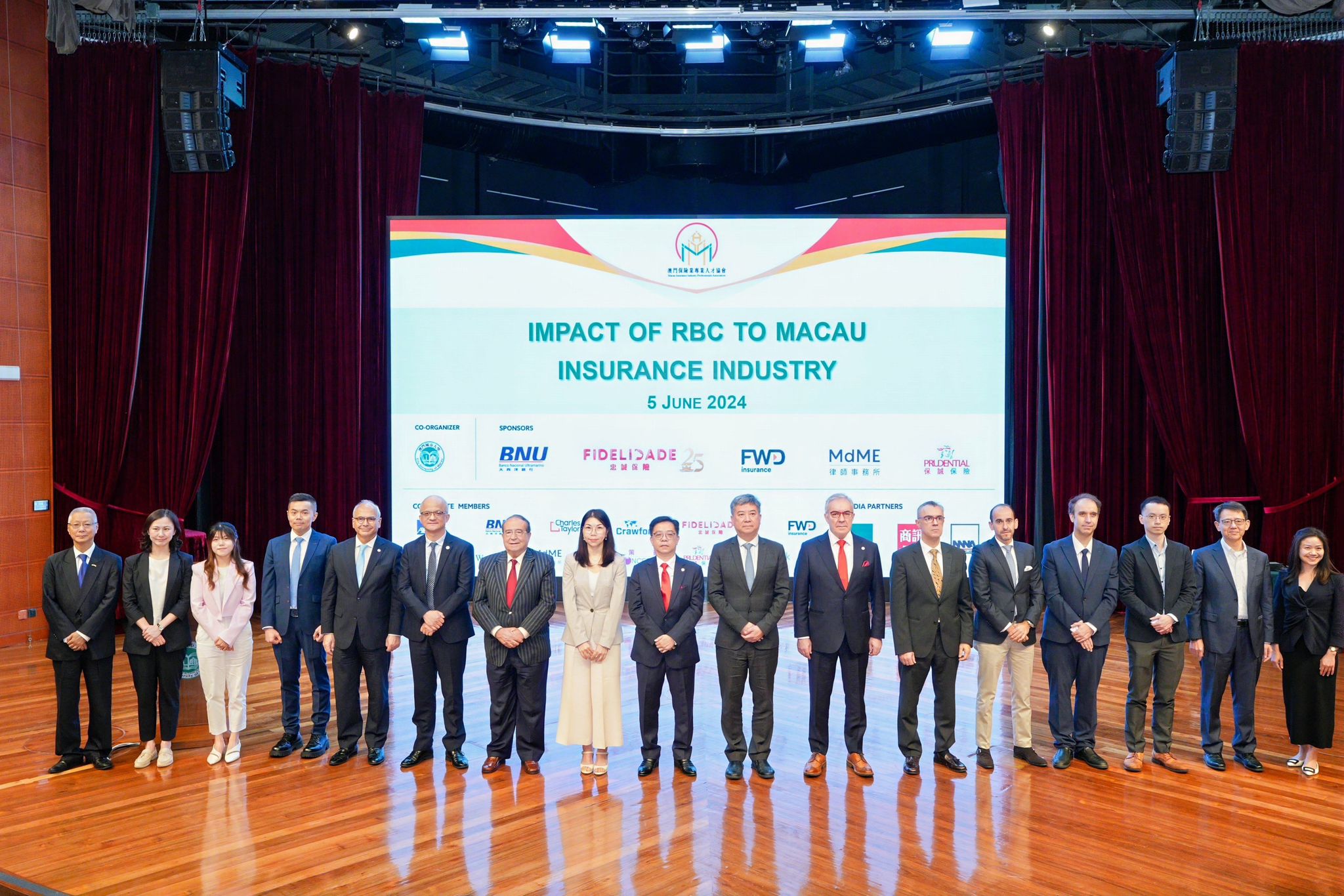



In an effort to manage climate-related risks and support an orderly transition, Singapore's Monetary Authority (MAS) has announced new rules for financial institutions. The goal is to encourage progressive transition efforts rather than indiscriminate divestment from carbon-intensive activities. The announcement was made at the COP28 summit in Dubai, where officials gathered to discuss climate change [a545e962].
The MAS aims to establish a framework that will help financial institutions effectively manage climate-related risks. By doing so, they hope to ensure a smooth transition towards a low-carbon economy. The framework will provide guidance on areas such as risk assessment, scenario analysis, and stress testing. It will also encourage financial institutions to develop and implement strategies that support the transition to a sustainable future [a545e962].
The Monetary Authority of Singapore (MAS) has analyzed the impact of climate transition on the financial sector, finding that banks and insurers heavily invested in fossil fuels are likely to incur significantly higher financial losses in an abrupt transition. Credit losses by banks with bad loans in fossil fuels and other climate-related sectors could rise to 2.4%, 50% higher than in a smooth transition. Investment losses could be as high as 3.1% of banks’ market portfolios in an abrupt transition versus 2.2% in a smooth transition. Insurers could face investment losses of 4.5% in an abrupt transition compared to 2.9% in a smooth one. The sectors with the most climate transition risks for banks are coal, power plants using fossil fuels, and energy-intensive manufacturing of cement, iron, and steel. The building and construction sector is the largest concern for insurers. The finance sector plays a pivotal role in tackling climate transition risk, and a collaborative approach among global financial regulators is needed. The People’s Bank of China and the Hong Kong Monetary Authority could benefit from emulating Singapore’s approach [91dd87ea] [a545e962].
The financial sector is facing challenges amid the climate crisis, particularly in Latin America. The Latin American Climate Assets Disclosure Initiative (LACADI) recently ranked 48 institutional investors in Colombia, Mexico, and Peru based on their implementation of international recommendations for climate disclosure. The ranking revealed that a significant percentage of pension fund administrators, insurers, and asset managers in these countries do not consider climate change-related risks in their financial planning. This lack of consideration is concerning given the financial risks and opportunities associated with the climate crisis [8744d2cd].
Singapore's move to implement new rules for managing climate-related risks and supporting the transition to a low-carbon economy reflects the growing recognition of the importance of sustainable finance. By providing guidance and support to financial institutions, Singapore aims to ensure that the finance sector plays a crucial role in addressing climate change and promoting a sustainable future [a545e962].
The MAS's framework and the ranking by LACADI highlight the need for clear, comprehensive, and traceable information from the financial sector. This information is necessary to redirect resources, increase confidence in investments, and support the development of new markets. The financial institutions responsible for individuals' savings should invest in a secure future and consider the risks and opportunities associated with the transition to renewable energy and climate sustainable technologies [8744d2cd].
Singapore plans to establish a blended finance platform with a target fund size of $5 billion. This platform will bring together public and private sector capital to finance sustainable projects. It will focus on areas such as renewable energy, green infrastructure, and climate resilience [a545e962].
The insurance industry in Macau is also taking steps to enhance its financial health and resilience. The Monetary Authority of Macau (AMCM) has initiated a consultation process to establish clear and unified regulatory standards and risk-sensitive capital requirements. This process is in preparation for the upcoming risk-based capital (RBC) regime, which is expected to be implemented by 2027. The RBC regime aims to ensure the strong financial health and resilience of the insurance industry and build public confidence. Macau will take Hong Kong's RBC regime as a reference, which is set to come into effect in the second half of this year [c10c35e6].
During a seminar held by the Macau Insurance Industry Professionals Association (MIIPA), challenges related to human capital risk in the insurance sector were highlighted. These challenges include talent shortages and a lack of diversity. The successful adoption and ongoing effectiveness of the RBC framework in Macau will require adequate resources, data infrastructure, and technological capabilities [c10c35e6].